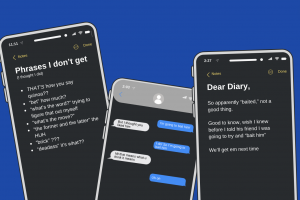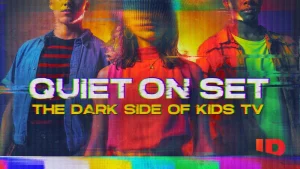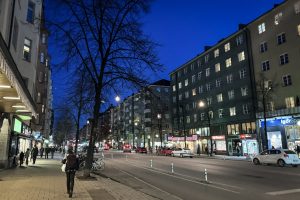Community leaders discuss ableism, education reform in City of Syracuse
Panel discusses community engagement and action
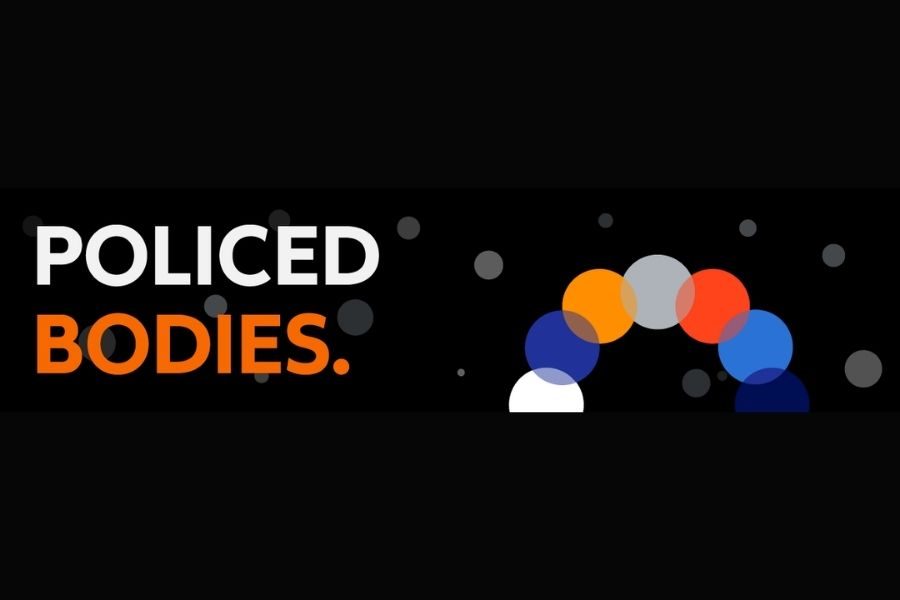
Community leaders at the “Community Conversation on Community Engagement and Action” panel on Saturday shared their personal experiences with injustice within the city’s education system, specifically in regards to race and ability status.
Talina Jones, chair of the New York State Early Intervention Coordinating Council, said “I chose Syracuse because it was a space that upon research, I realized had the support and services for a child with Down syndrome. And then [had a] school district that was connected to a university, SU, for whom their teacher prep program was created and supported students with disabilities.”
The conversation, which was moderated by Yusuf S. Abdul-Qadir, lead organizer of Syracuse Police Accountability and Reform Coalition, was a continuation of the University’s two-day symposium “Policed Bodies: A Community Conversation on Race, Disability and Justice.” In addition to Jones, Saturday’s panel featured five other community leaders, each with different insights on education and ableism.
Jones, a long-time advocate for families with children with disabilities, has seen firsthand the barriers that people with disabilities face in school. According to Jones, when her son, who is diagnosed with Down syndrome, transitioned from elementary school and middle school to high school at Nottingham, he lost much of the support he had in years prior.
“It became more of a question of ‘how do I continue to advocate for him and let people know that he belongs?’” Jones said. She added that a goal of hers is to make Syracuse public schools more inclusive of disabled people.
Larry Williams, CEO of Syracuse Communication Connections, spoke about his experience in the education field, and how student educators were already told to avoid city schools, and that it was desirable to be placed in suburban school districts.
“It’s not just the police that are policing bodies, right? It is also other actors who are policing bodies. And those actors in Syracuse are school administrators or school teachers,” Williams said.
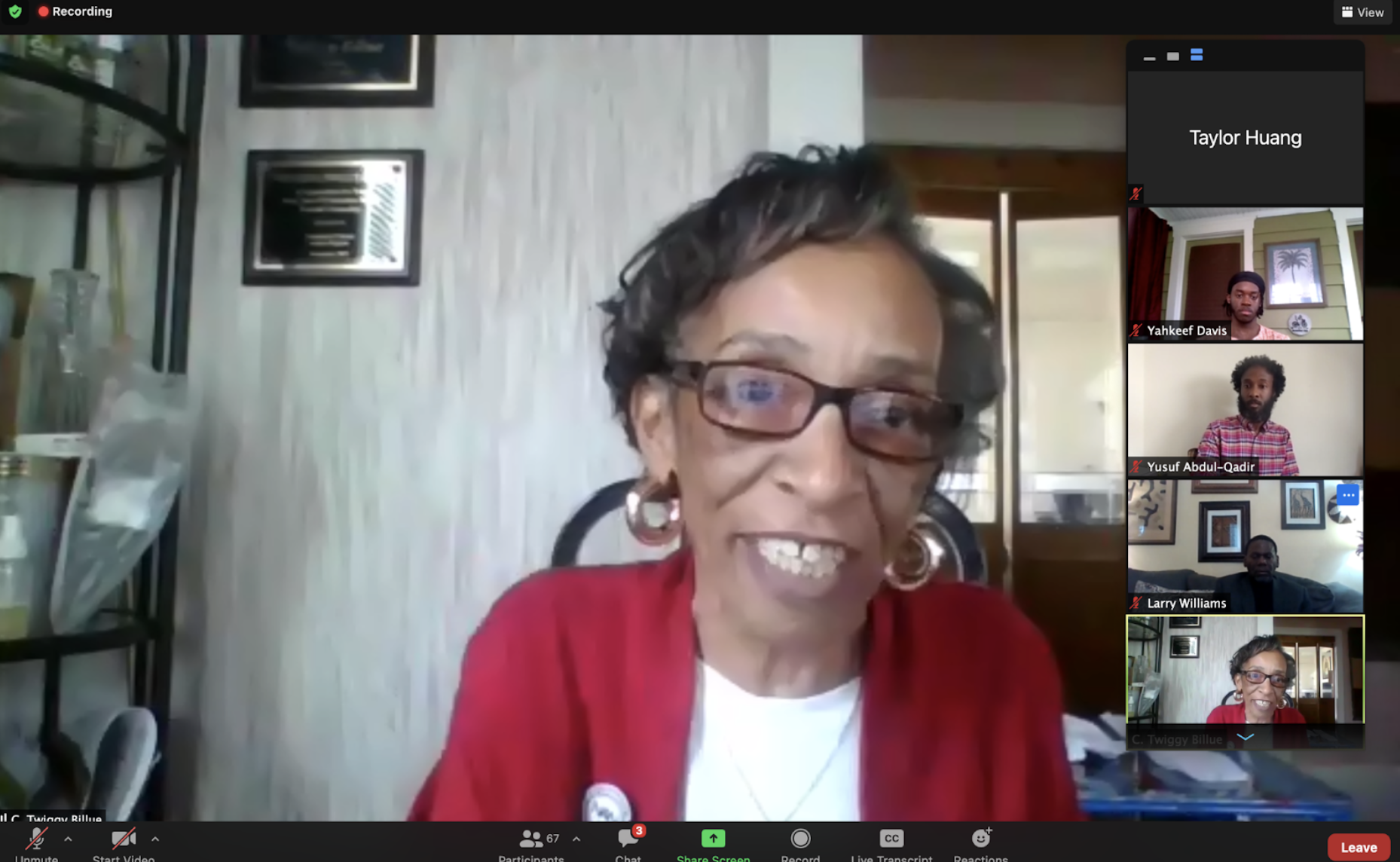
Syracuse public schools weren’t always this way. Jimmy Oliver, a graduate of Henninger High School, recalled his high school in the 1980s having strong Black leadership, and good relationships with police officers working within. However, that has since changed, he said.
With the myriad of systemic issues occurring in the school districts adjacent to Syracuse University, all panelists agreed that the university has some obligation to address these problems. Furthermore, they said the university has not addressed these problems adequately.
“… Black people in Syracuse University want[ing] to have access to these communities, and are being pushed back and denied,” Abdul-Qadir said while addressing a white supremacy culture that systemically runs through the university today.
“The elephant in the room is that Syracuse University is an important institutional actor… and has to bear that responsibility,” Abdul-Qadir said.
The university has the potential to facilitate outcomes, and the moderator’s final question to the panelists was, “What does concrete action look like inclusive of Syracuse University’s responsibility?”
Some said that more attention should be paid towards Black and brown teachers coming through the School of Education, who can then transform the community inside of schools. Others spoke about increasing accountability within the community, and standing with one another, regardless of race, and coming up with solutions through conversations such as this panel.
According to the panelists, Syracuse University students can learn more about the systemic issues within the neighboring public school districts by looking at resources and programs provided through the Lender Center for Justice, the Center on Disability and Inclusion, and the Syracuse University School of Education.

